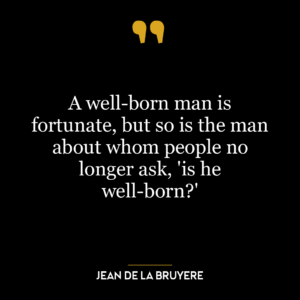This quote, “No one will take care of you if you don’t take care of yourself,” emphasizes the importance of self-care and personal responsibility. It suggests that one’s well-being, both physically and mentally, is primarily one’s own responsibility. It’s a call to action, urging individuals to prioritize their own health, happiness, and overall well-being.
The quote can be understood on multiple levels. On a basic level, it’s a reminder that one needs to look after their physical health—eating right, exercising, getting enough sleep—because neglecting these aspects can lead to illness or fatigue, which can inhibit one’s ability to function effectively in daily life.
On a deeper level, it also refers to mental and emotional self-care. It’s essential to nurture one’s mind and emotions, whether that’s through meditation, therapy, or simply taking time out to relax and do things one enjoys. If one doesn’t take care of their mental health, it can lead to stress, anxiety, or even depression.
In the context of personal development, this quote underscores the idea that self-improvement starts with self-care. To grow and improve, one needs to be in a good place physically, mentally, and emotionally. It’s hard to focus on personal growth if one is constantly tired, stressed, or unwell.
In today’s fast-paced world, the importance of this quote is even more pronounced. People are often so busy with work, family commitments, and other responsibilities that they neglect their own health and well-being. This can lead to burnout and other serious problems. This quote serves as a reminder that taking care of oneself isn’t just important, it’s essential.
Furthermore, it implies that if you don’t respect and care for yourself, you can’t expect others to do so. Self-care also translates into self-respect and self-love, which are key to how others perceive and treat you. So, in a broader social context, this quote can also be seen as a call to cultivate self-respect and self-love.
In conclusion, this quote encourages individuals to prioritize their own well-being, reminding them that their health and happiness should not take a backseat to other responsibilities. It’s a call to action for self-care, self-love, and personal growth.








